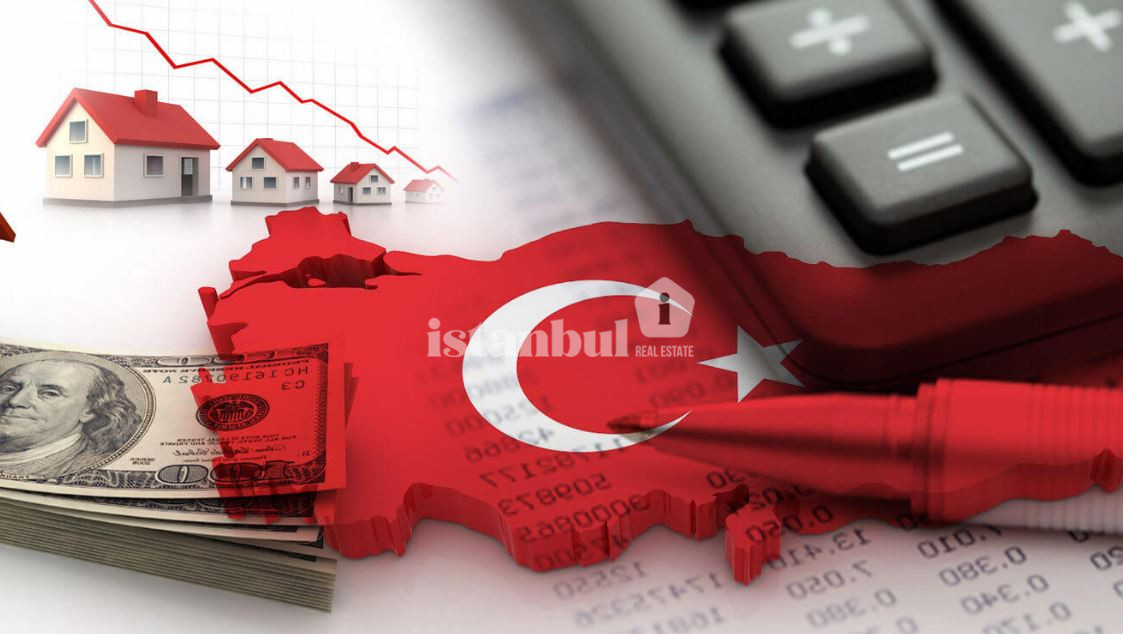
- 19 September 2023
Real Estate Investment in Turkey: Taxation and Legal Procedures
Real Estate Investment in Turkey: Taxation and Legal Procedures
Turkey boasts a thriving property market with a strategic location and a robust economy. Moreover, Making it an attractive destination for investors worldwide. If you are considering a real estate investment in Turkey, it is essential to understand taxation and legal procedures. In this article we will explore taxation and legal procedures is essential to ensure a smooth and successful investment journey.
Turkey Real Estate Investment – An Overview
Turkey’s real estate market has witnessed significant growth in recent years, attracting both local and international investors. The country’s diverse landscapes, rich cultural heritage, and booming tourism industry have all contributed to the rising demand for properties. Turkey offers a wide range of investment options. Hence making it a suitable place to invest if you’re interested in residential, commercial, or industrial real estate.
Understanding Taxation on Real Estate Investment
 Property Tax: As a property owner in Turkey, you’ll be subject to annual property tax, ranging from 0.1% to 0.6% of the property’s declared value, depending on its location, type, and value.
Property Tax: As a property owner in Turkey, you’ll be subject to annual property tax, ranging from 0.1% to 0.6% of the property’s declared value, depending on its location, type, and value.- Capital Gains Tax: If you decide to sell your property, a capital gains tax of 15% applies to the profits made from the sale. However, this tax may be reduced or exempted under certain conditions.
- Value Added Tax (VAT): VAT at a standard rate of 8% is applicable on the sale of newly constructed properties by developers, but this rate can vary based on government incentives and property type.
- Inheritance and Gift Tax: Property inheritance or gifting may incur a progressive tax rate ranging from 1% to 10%. Spouses and direct relatives may benefit from lower tax rates or exemptions.
Legal Procedures for Real Estate Investment
 Title Deed (Tapu) Transfer: The title deed transfer is a critical legal procedure in real estate transactions. It involves the buyer and seller being present at the Land Registry Office or providing a Power of Attorney for representation. Lastly, Once completed, the transfer is recorded in the official land registry.
Title Deed (Tapu) Transfer: The title deed transfer is a critical legal procedure in real estate transactions. It involves the buyer and seller being present at the Land Registry Office or providing a Power of Attorney for representation. Lastly, Once completed, the transfer is recorded in the official land registry.- Investment Regulations: Foreign investors can freely acquire real estate in Turkey, subject to reciprocity principles and compliance with legal restrictions. Lastly, However, certain areas, such as military zones, are off-limits to foreign buyers.
- Due Diligence: Thorough due diligence is crucial before finalizing any real estate transaction. Lastly, This includes verifying property ownership, checking for outstanding debts or liens, and ensuring compliance with zoning regulations.
- Legal Representation: It is highly recommended to engage a qualified real estate attorney to navigate the legal intricacies of property transactions. Lastly, They can guide you, protect your interests, and ensure a smooth closing.
Real Estate Investment in Turkey
Understanding the taxation and legal procedures is vital for a successful and hassle-free investment experience. Lastly, By adhering to property laws, investment regulations, and seeking professional advice. You can confidently make informed decisions and reap the benefits of Turkey’s thriving property market.
Related Posts

Top Cities for Real Estate Investment in Turkey

